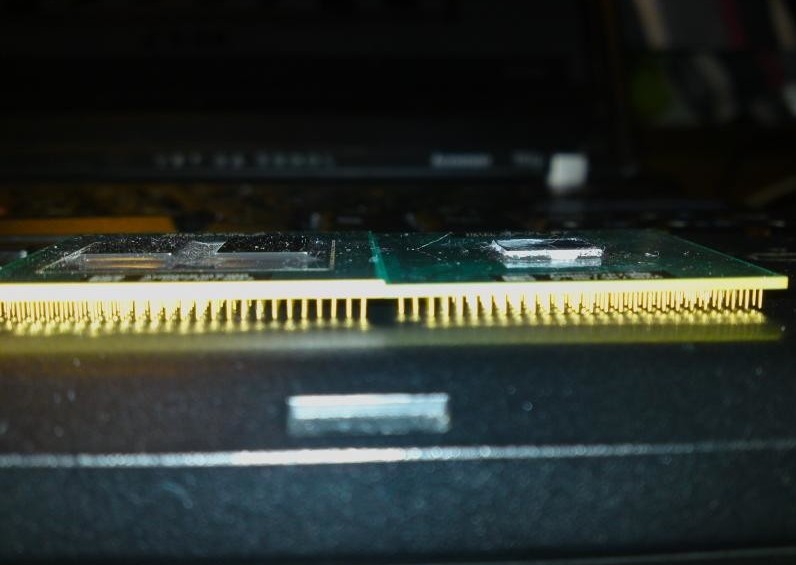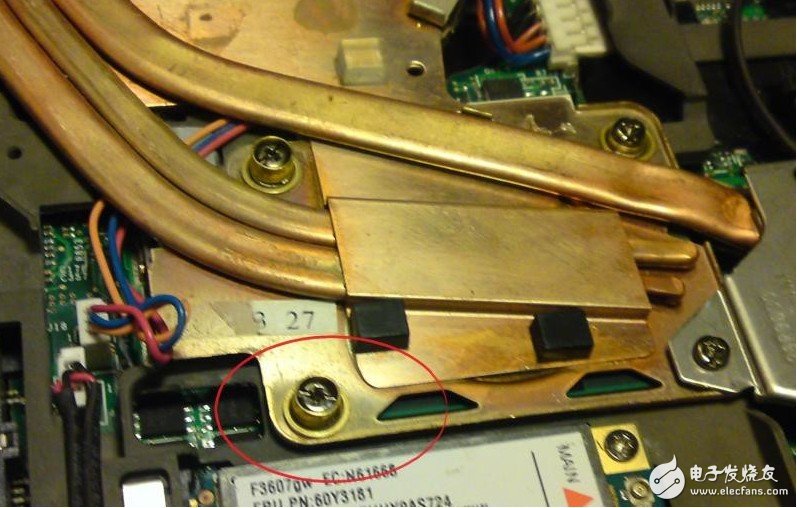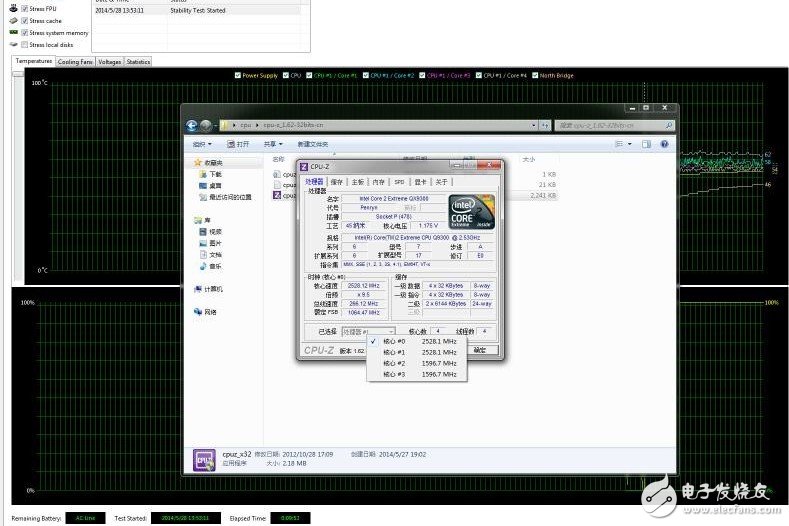This article is mainly about the related introduction of Q9000, and focuses on the detailed description of the operation effect of Q9000 on T61.
Q9000Important parameters
Core code: Penryn
Thermal Design Power (TDP): 45W
Bus type: FSB bus 1066MHz
Applicable type: notebook
Multiplier: 7.5 times
Core voltage: 1.05-1.175V
Intel Core 2 quad-core Q9000 detailed parameters switch to traditional table version
Basic parameters
Applicable type: notebook
CPU series: Core 2 quad-core Q9000 (mobile version)
CPU frequency
CPU frequency: 2GHz
FSB: 266MHz
Multiplier: 7.5 times
Bus type: FSB bus
Bus frequency: 1066MHz
CPU socket
Slot type: LGA 775
Number of pins: 775pin
Package mode: PGA
CPU core
Core code: Penryn
Number of cores: four cores
Number of threads: four threads
Production process: 45 nanometers
Thermal Design Power (TDP): 45W
Core voltage: 1.05-1.175V
Number of transistors: 41 million
Core area: 107 square millimeters
CPU cache
Secondary cache: 6MB
Technical Parameters
Hyper-Threading Technology: not supported
Virtualization technology: Intel VT
64-bit processor: Yes
Turbo Boost technology: not supported
Virus protection technology: support
Graphics card parameters
Integrated graphics: No
Other parameters
Working temperature: 100℃
Other performance: enhanced Intel SpeedStep dynamic energy-saving technology
Q9000 running effect on T61I believe that the news of the successful installation of the 4-core on the T61 has fulfilled the dreams of many engine oils, but after having eaten the crab, I am not as happy with the 4-core on the T61 as it is now when the 1066 FSB CPU is installed. Since T61 and quad-core are not the original equipment, the compatibility of the first-generation C2Q quad-core is also known to be "lack of safety." Let's enumerate the precautions for the 4-core on the T61
1. CPU thickness

On the right is QX9300, on the left is P8400, the substrate of QX9300 is thicker than P8400
What will be the result of this little extra thickness?
Since the quad-core CPU is definitely thicker, the four corners of the heat sink of the device will bend downward more, as shown by the red circle in the picture.

So please only screw it when you install the radiator, don’t press it down too hard.
2. Liquid metal
Be careful not to leave leisure between the radiator and the CPU, otherwise the liquid metal will oxidize for a long time, and the mercury will volatilize and clean, and it will become like a nose candy on the ground.

3. Heat dissipation
If you want to use quad-core, changing the radiator is basically inevitable
And what is even more cheating is: C2Q quad-core does not support SLFM
In other words, the lowest frequency is 1.6Ghz, the standby temperature is 5-10 degrees higher than the T9 series, and the full load temperature. ... ..
Known bugs:
1. Let me talk about the most serious one first:
QX9300, two centers operate at 2.5Ghz, two centers operate at 1.6Ghz
Q9100, two centers 2.26Ghz, two centers 1.6Ghz
Q9000 is similar
as the picture shows

The reason is still being explored, el-sahef estimates that it is DSDT
Temporary solution: Throttlestop can be used to force the other two centers to promote multiplier
2. Fixed screen crash/Unable to boot/Unable to wake up/Unknown reason to restart
Cumulative number of presentations for 3 days of trial:
Under Windows XP
Fixed screen crash: every time you turn on the power manager to change the power mode, you will die, do not turn on the power mgr to fix the screen for 5 times
Unable to boot: 1 time,
Unable to wake up: 3 times,
Unable to shut down: 4 times,
Unknown should restart: Did not pay attention
Under Windows 7
Restart for unknown reasons: 1 time. Estimated to be caused by overheating
Quad-core compatibility with windows XP does not seem to be very good
The reason for these results may be that the enameled wire I used is too thin, because el-sahef has said that the connection between GTLREF and GTLREF_2 should be as short as possible.
ConclusionThis is the end of the related introduction about the effect of Q9000 on T61. Please correct me if there are any deficiencies.
Related reading recommendations: how about q9000
Related reading recommendations: the difference between CPU T9500 and Q9000
Welding diodes are available for medium frequency (over 2KHz) and high frequency (over 10khz) applications.They have very low on - state voltage and thermal resistance. Welding diodes are designed for medium and high frequency welding equipment and optimized for high current rectifiers. The on-state voltage is very low and the output current is high.
Welding Diode,Disc Welding Diode,3000 Amp Welding Diode,High Current Rectifier Welding Diode
YANGZHOU POSITIONING TECH CO., LTD. , https://www.pst-thyristor.com